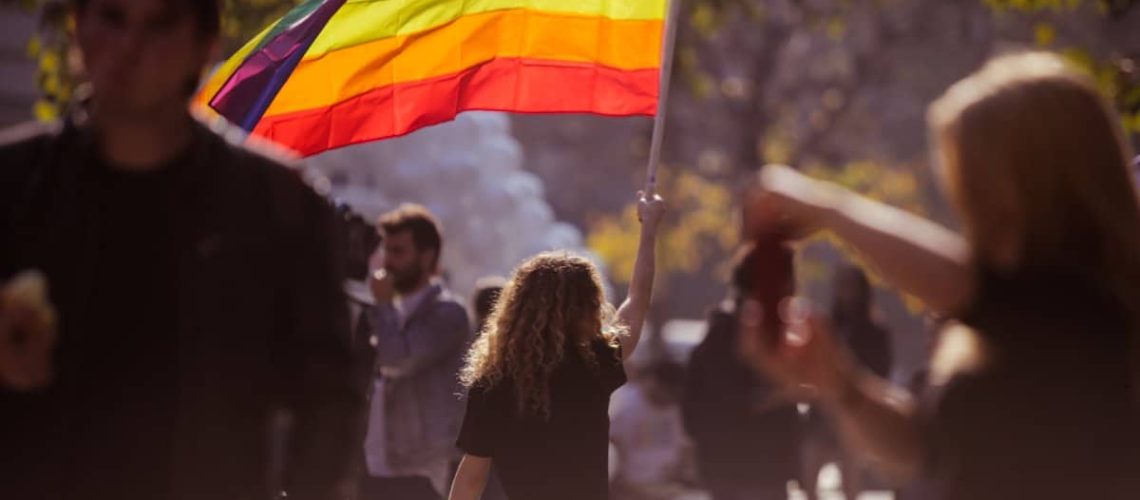LGBTQ history is rich and complex but has often been obscured or outright erased due to societal stigma and discrimination. This historical invisibility affects not just the LGBTQ community but also our broader understanding of human history. Here are twenty-one ways in which LGBTQ history has been systematically hidden from public knowledge.
1. Censorship in Academia

Research on LGBTQ topics has often been suppressed in academic institutions, affecting what is taught and known.
2. Laws Against Homosexuality
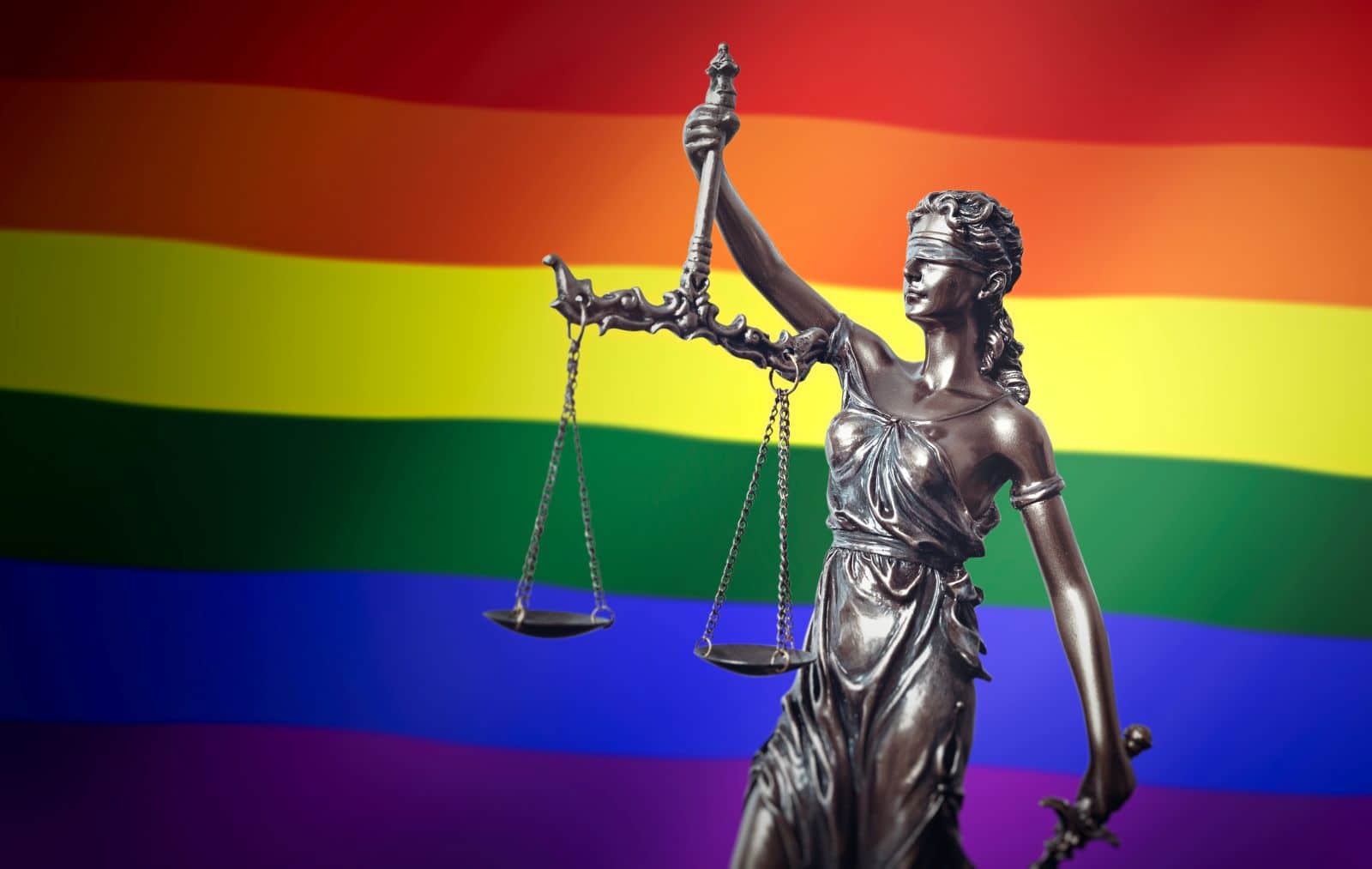
Historical laws criminalizing homosexuality led to the deliberate destruction or concealment of LGBTQ-related artifacts and documents.
3. Biased Historical Documentation

Many historians have either ignored or altered the sexual orientations and gender identities of historical figures in their writings.
4. Media Erasure

LGBTQ individuals and stories have been routinely excluded from mainstream media narratives or depicted using stereotypes.
5. Lack of Monuments and Memorials
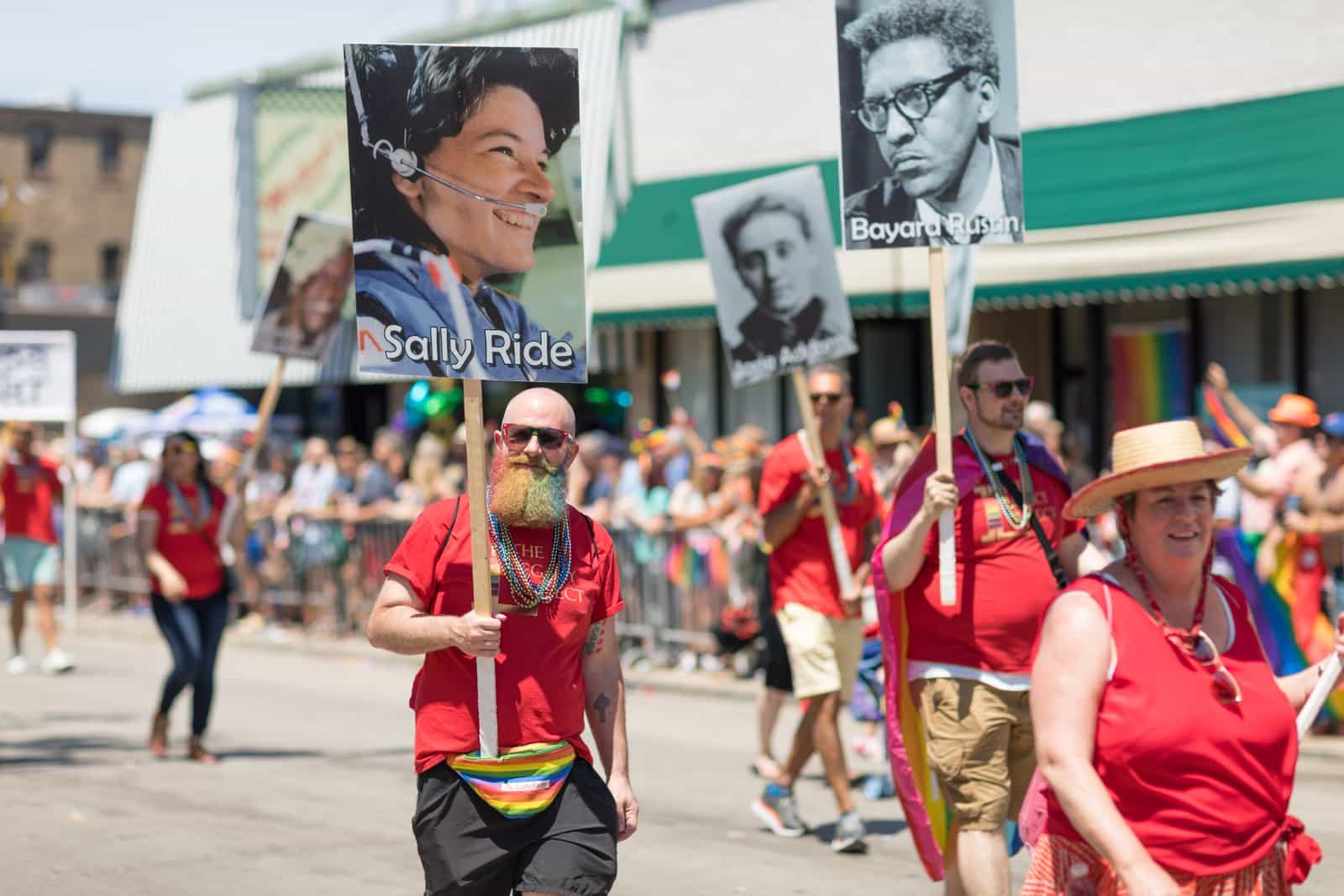
There are few monuments or memorials that recognize significant LGBTQ events or individuals, contributing to a lack of visibility.
6. Exclusion From Public Education

LGBTQ history is often excluded from school curricula, leaving generations uninformed about these important social and cultural histories.
7. Stigma in Religious Discourse

Many religious doctrines have historically demonized LGBTQ identities, leading to their exclusion from religious histories.
8. Erasure by Cultural Appropriation
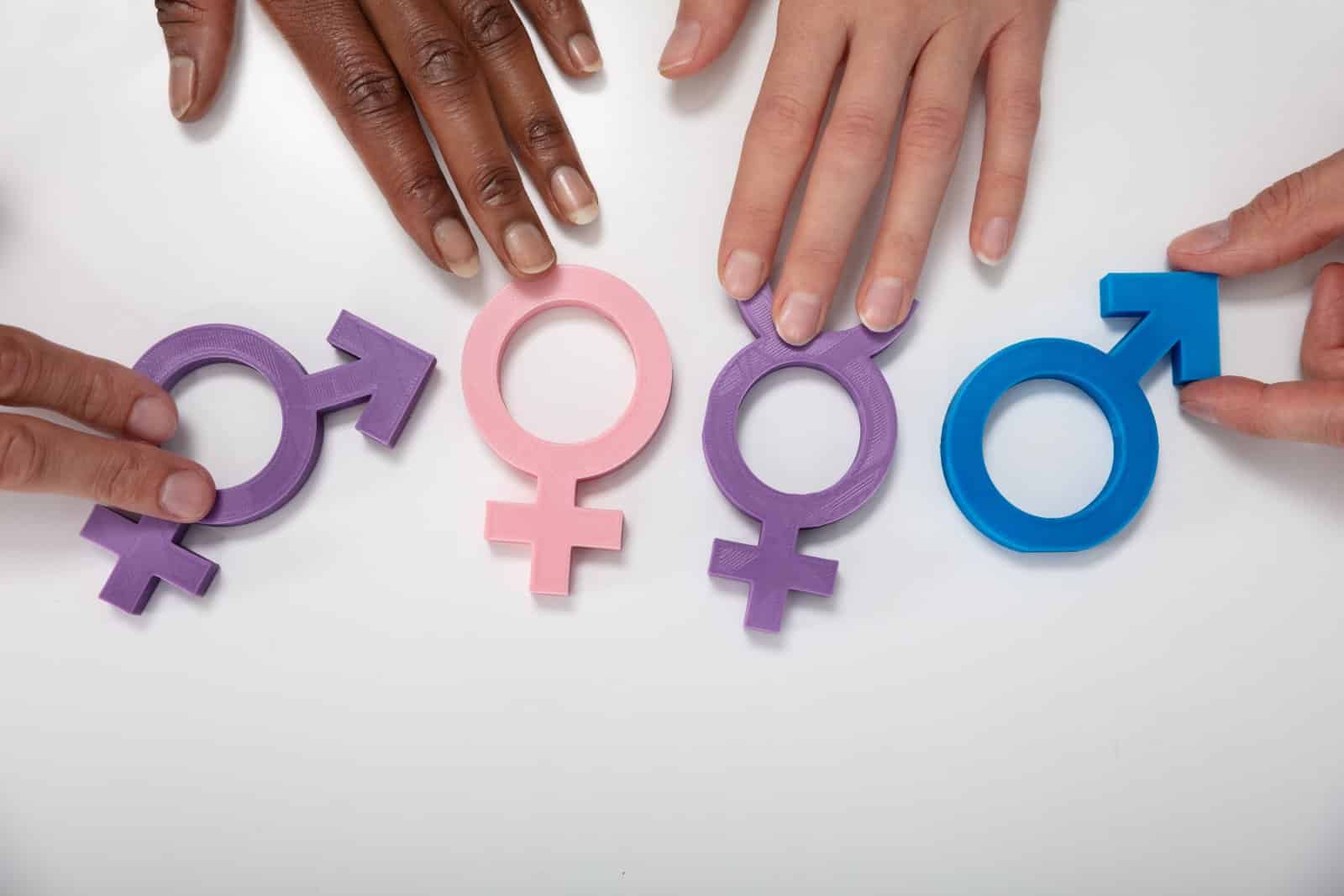
LGBTQ cultural symbols and practices have been appropriated by mainstream culture without acknowledgment of their origins.
9. Policing and Surveillance

Government and law enforcement surveillance of LGBTQ communities have led to self-censorship and the hiding of identities and histories.
10. Pathologization in Medicine

The medicalization of LGBTQ identities as disorders contributed to a history where LGBTQ lives were hidden or altered for protection.
11. Family Rejection

Personal histories and experiences have been erased when families refuse to acknowledge or accept LGBTQ family members.
12. Lack of Archival Collections

There are limited archival resources dedicated to LGBTQ history, and many existing ones struggle with funding and public support.
13. The Myth of Modernity

The misconception that LGBTQ identities are a “modern phenomenon” erases the deep historical roots of these communities.
14. Tokenism in Recognition
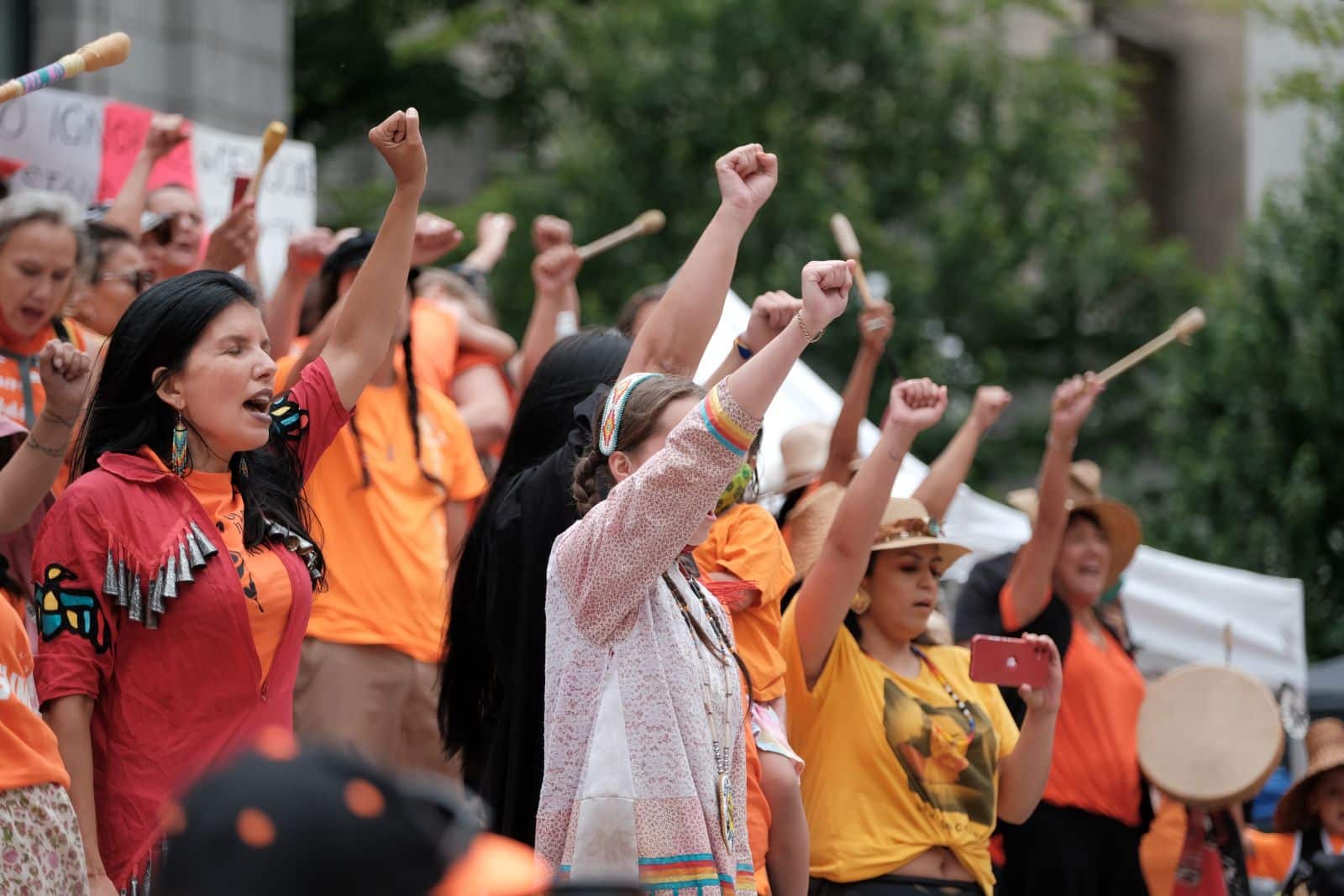
Occasional acknowledgments of LGBTQ history often stop at tokenism, preventing a deeper understanding of the full historical context.
15. Invisibility in the Workplace

The lack of recognition of LGBTQ individuals in historical labor movements and professional histories contributes to ongoing discrimination.
16. Historical Loot and Plunder

Important LGBTQ artifacts and documents have been removed from their contexts or stolen, often ending up in private collections.
17. Political Repression
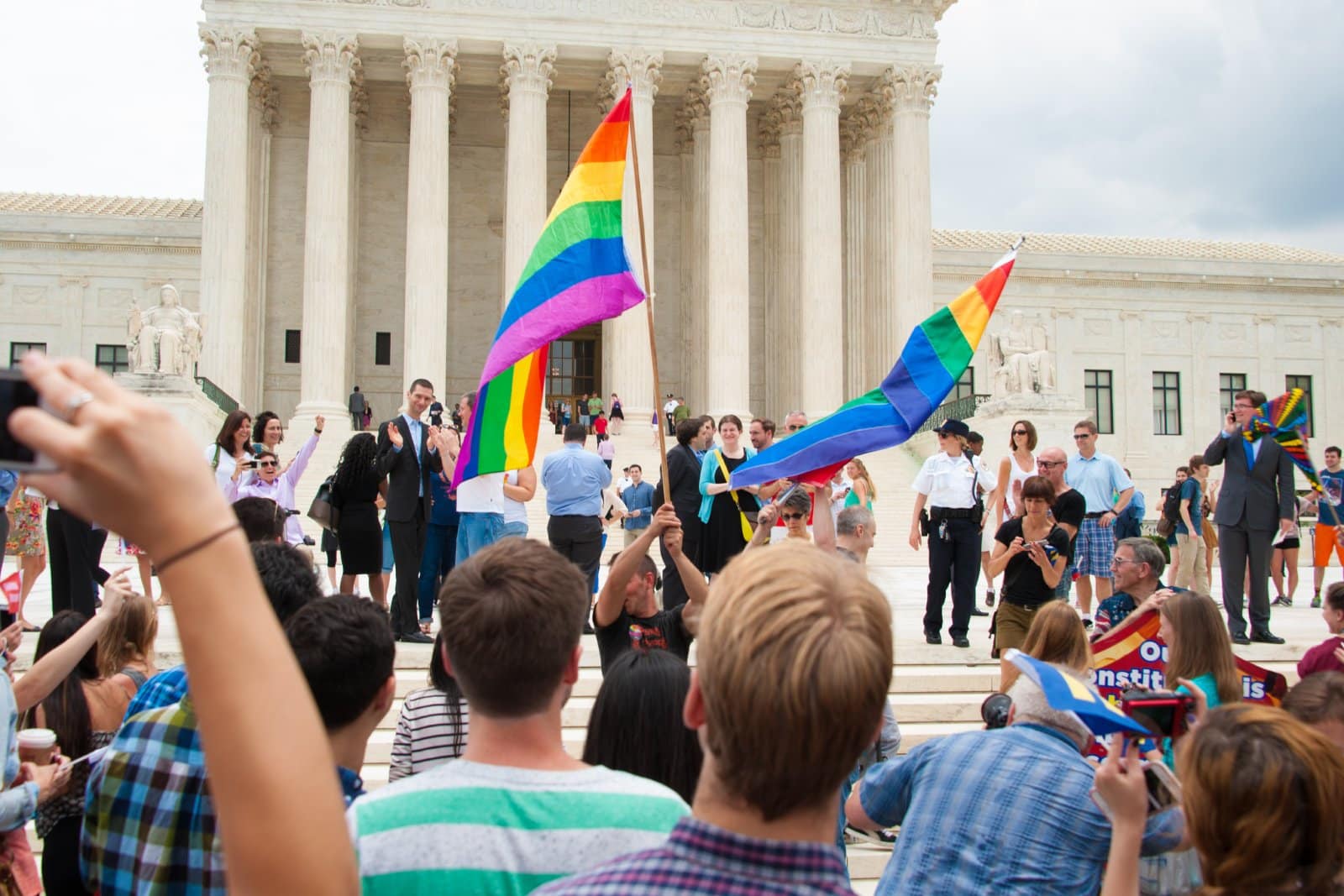
Authoritarian regimes have actively suppressed LGBTQ movements and histories as part of broader political oppression.
18. Simplification of the AIDS Crisis

The complexity and significance of the AIDS crisis and its impact on LGBTQ communities are often reduced to mere footnotes in history.
19. Assimilation Pressures
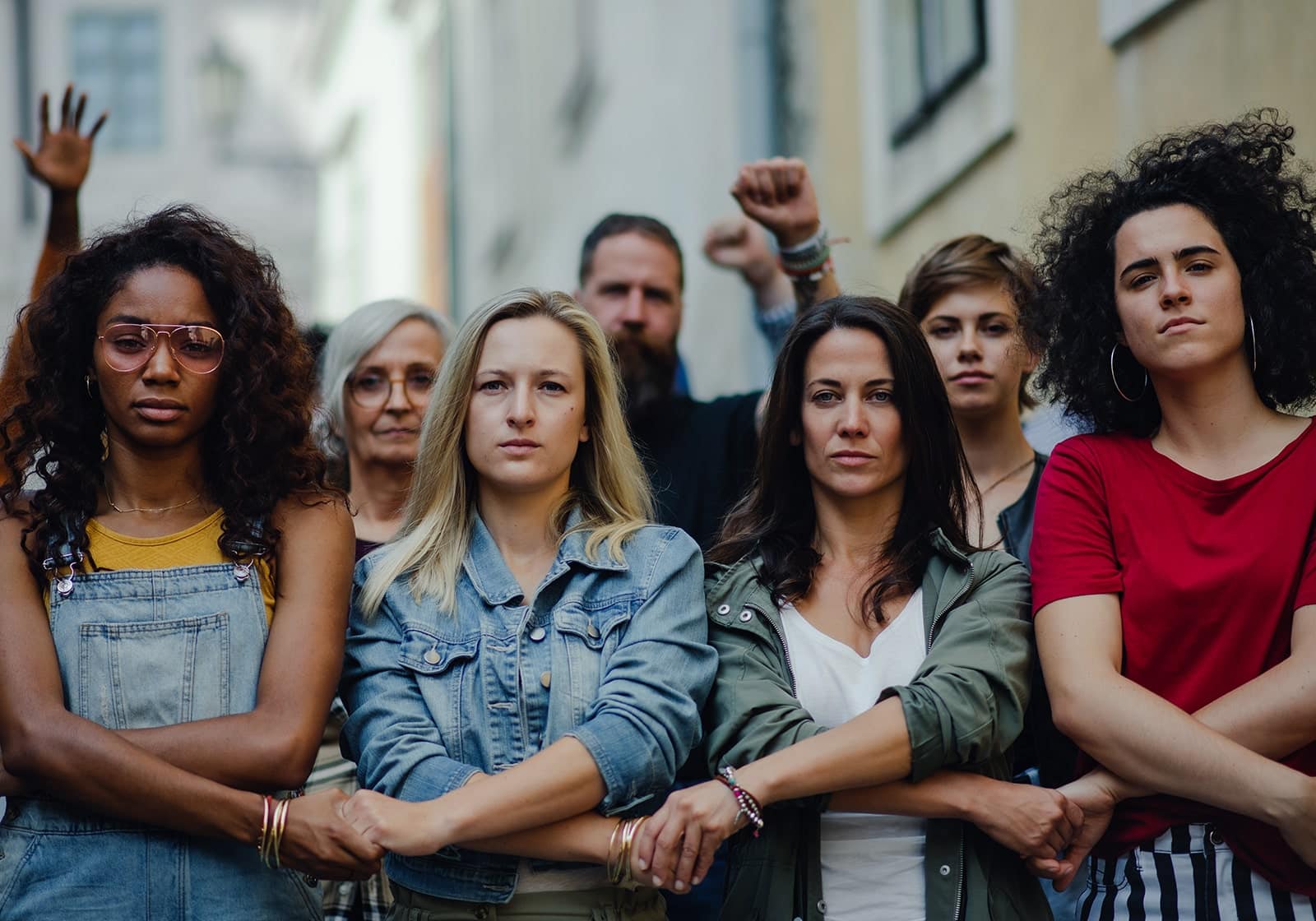
The pressure for LGBTQ individuals to conform to mainstream societal norms has led to the erasure of unique cultural and historical identities.
20. Underrepresentation in Sports and Arts

The contributions of LGBTQ individuals in sports and the arts are frequently overlooked or stripped of their context.
21. Digital Divides

While the internet has helped spread LGBTQ history, digital divides mean that this is not accessible to all, continuing the cycle of erasure.
Reclaiming Hidden Histories

The concealment of LGBTQ history deprives us all of a fuller understanding of the human experience. How might embracing and exploring this rich history change our view of the world today?
The post 21 Ways LGBTQ History Has Been Hidden first appeared on Pulse of Pride.
Featured Image Credit: Shutterstock / Mircea Moira.
For transparency, this content was partly developed with AI assistance and carefully curated by an experienced editor to be informative and ensure accuracy.

